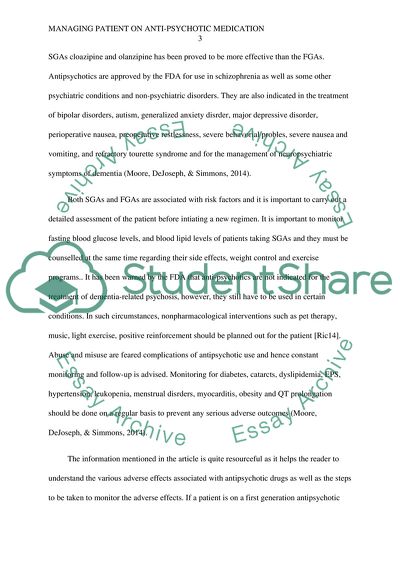Managing patient on antipsychotic medication Essay. Retrieved from https://studentshare.org/health-sciences-medicine/1636501-managing-patient-on-antipsychotic-medication
Managing Patient on Antipsychotic Medication Essay. https://studentshare.org/health-sciences-medicine/1636501-managing-patient-on-antipsychotic-medication.


